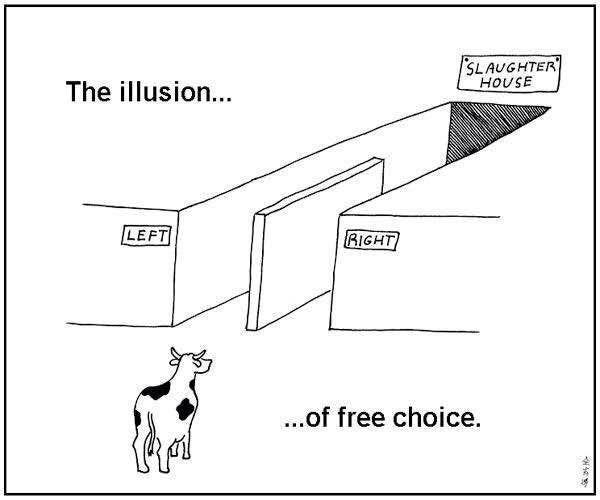EzekielRaiden
Follower of the Way
Okay, but the issue there is the meaninglessness.I think the point is it is a story-driven encounter that occurs. In the example I gave (caravan guards) maybe it is the bandit attack you knew was coming. Maybe it is finding out which of the caravan merchants is secretly a devil and confronting him. The point is surrounding it with meaningless encounters on that day to get your quota is kind of lame, especially if PC actions are what drives when it happens ...... ok your investigation determined the tea merchant is the Devil, now let me throw a bunch of other meaningless encounters at you before you go confront him.
Don't do meaningless encounters.
That's why 4e aimed for making all encounters set pieces. I think that aim was slightly off the mark, but not because making set-piece encounters great was bad. It's because there's still some value in nickel-and-dime encounters if the rules are built for it and the GM uses them judiciously.
That's why one of my other things, that I've been asking for since the days of "D&D Next", is what I call "Skirmish" rules. Ultra-fast, ultra-simple combats designed to be resolved in only a couple of rolls from each player. They are to regular combats, as group skill checks are to Skill Challenges: regular combats and SCs are both formal affairs where mechanics are relevant and guide the experience in a satisfying and mechanically-engaging way, while group skill checks and Skirmishes are small, quick, focused affairs that get out a burst of action very quickly and then move along. Characters can do things like expending HD (or Surges, if I had my druthers), spell slots, Superiority Dice, etc. to either reroll a die or auto-succeed; failure just means they get hurt, not outright KO'd/killed, unless they were already pushing their luck (e.g. you go in with 10 HP, all HD spent, no Second Wind, no healing spells, nothing--yeah, you're courting death at that point.)



